Grain
Grain
Grain in Packaging
The term grain refers to the direction of fibers in paper or cardboard. Understanding the grain is crucial in packaging because it affects how the material folds, tears, and prints.
Why Grain Matters
When you fold paper or cardboard along the grain, it folds smoothly. Against the grain, it can crack or tear. This is important for creating sturdy and attractive packaging.
How to Identify Grain
To find the grain direction, lightly bend the material. It will bend more easily along the grain. You can also tear a small piece; it will tear straighter along the grain.
Grain and Printing
Printing on paper with the grain ensures better ink absorption and less distortion. This results in clearer and more professional-looking packaging.
Practical Example
Imagine you are designing a cereal box. Knowing the grain direction helps you decide how to fold and print the box. This ensures it looks good and stays intact during shipping.
Blog Posts with the term: Grain

Unique packaging designs enhance gift boxes by creating memorable unboxing experiences and reflecting the giver's care. Personal touches, eco-friendly materials, and innovative design elements can elevate both personal gifts and brand identity. Creative packaging for gifts makes a strong first impression,...
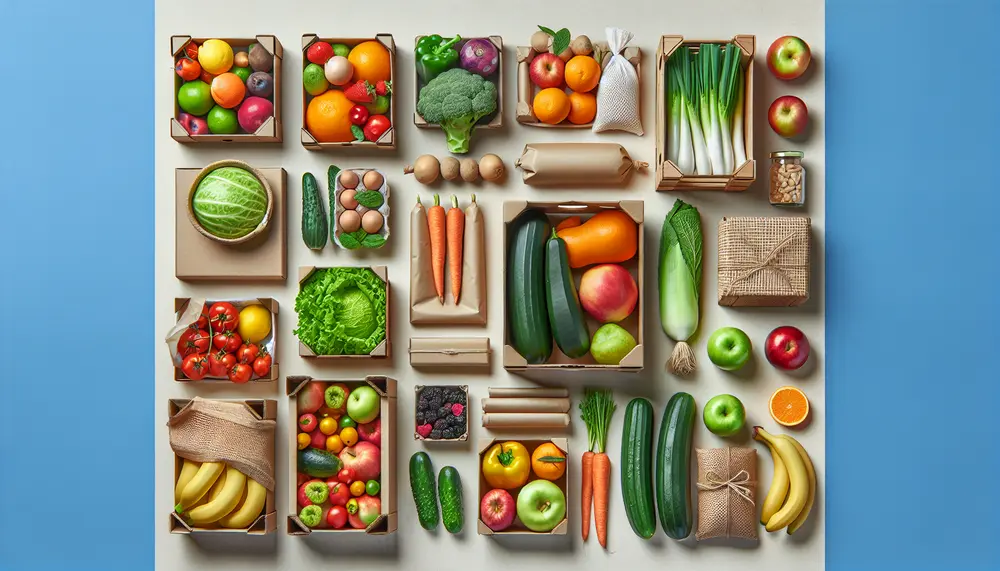
Packaging in agriculture is crucial for protecting produce from farm to market, maintaining quality and freshness, and enhancing logistical efficiency. It reduces waste, ensures food safety, aids branding, and supports global trade by enabling access to wider markets....
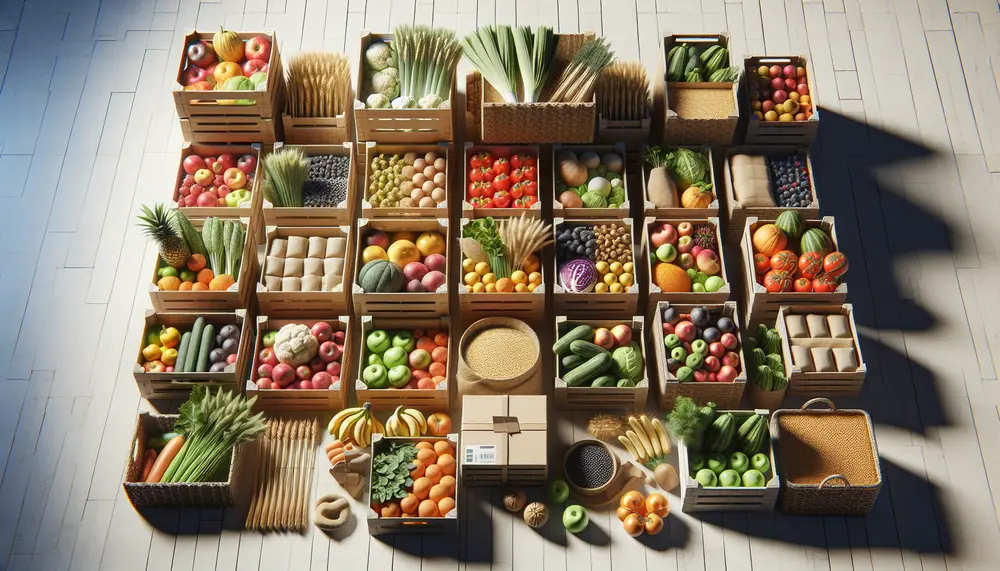
Understanding the Basics of Packaging Materials in Agriculture: Agricultural packaging is essential for protecting produce during transport and extending shelf life, with material choice balancing product needs, efficiency, marketing appeal, and sustainability. Choosing the Right Packaging for Your Agricultural Products: Selecting...

The reusable cup movement promotes environmental responsibility by encouraging the use of multi-use cups over single-use disposables, reducing waste and inspiring conservation efforts. Disposable cups have a significant negative environmental impact due to their contribution to landfill accumulation, pollution, resource...
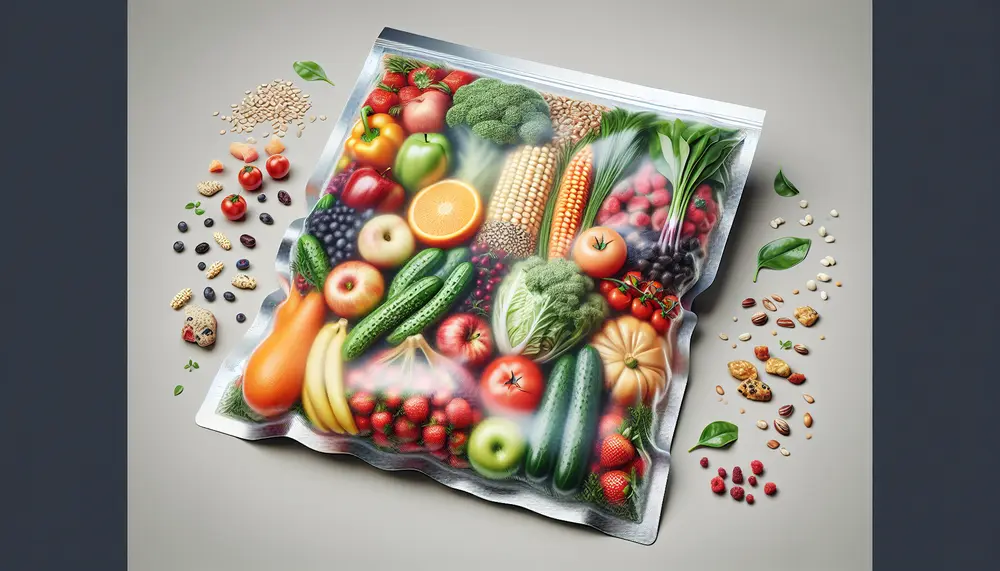
Vacuum packaging extends food shelf life by removing air to prevent microbial growth, oxidation, and moisture changes. It's versatile for various products and involves specialized machinery that creates a low-oxygen environment to protect against spoilage....

The packaging industry is governed by a complex legal framework aimed at ensuring safety, health, and environmental protection. Key regulations include material restrictions like RoHS and REACH, compostability standards such as BPI certification, and heavy metal limitations under CONEG legislation. Regulatory...

The packaging design process is a complex journey from concept to consumer, involving education on materials and techniques, collaboration among stakeholders, adherence to timelines, and evaluation of market success. It's crucial for creating an appealing package that meets practical requirements...
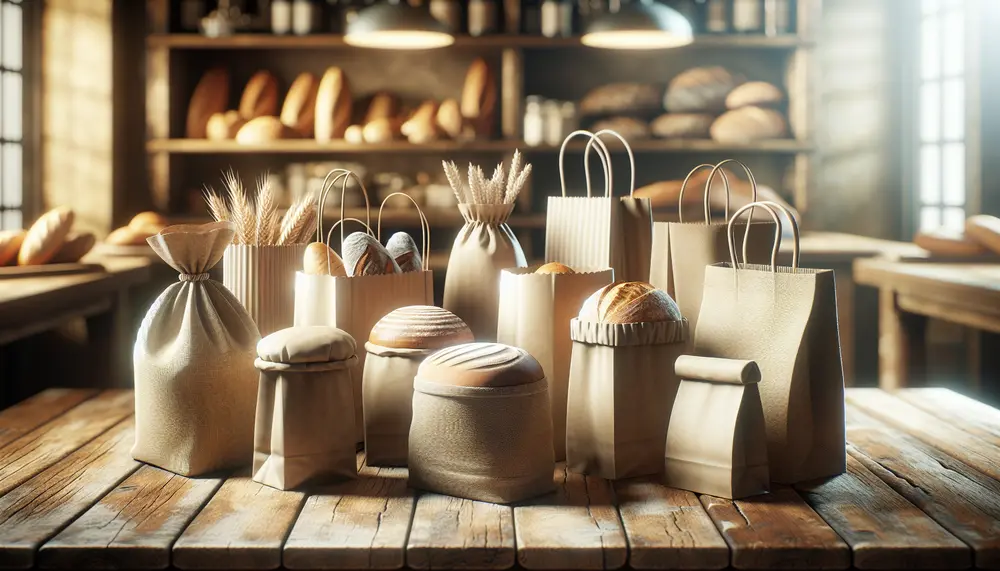
Bread bags are crucial for maintaining the freshness and quality of bread by providing protection against contaminants, moisture, and pests; they also serve as a branding tool for bakeries. Choosing the right bag involves considering material (paper, plastic, organic cotton),...

Jewelry packaging materials are essential for protection, brand identity, and enhancing customer experience; factors like durability, cost, customization potential, and environmental impact guide material selection. The right packaging is a key marketing tool that can influence consumer behavior and align...
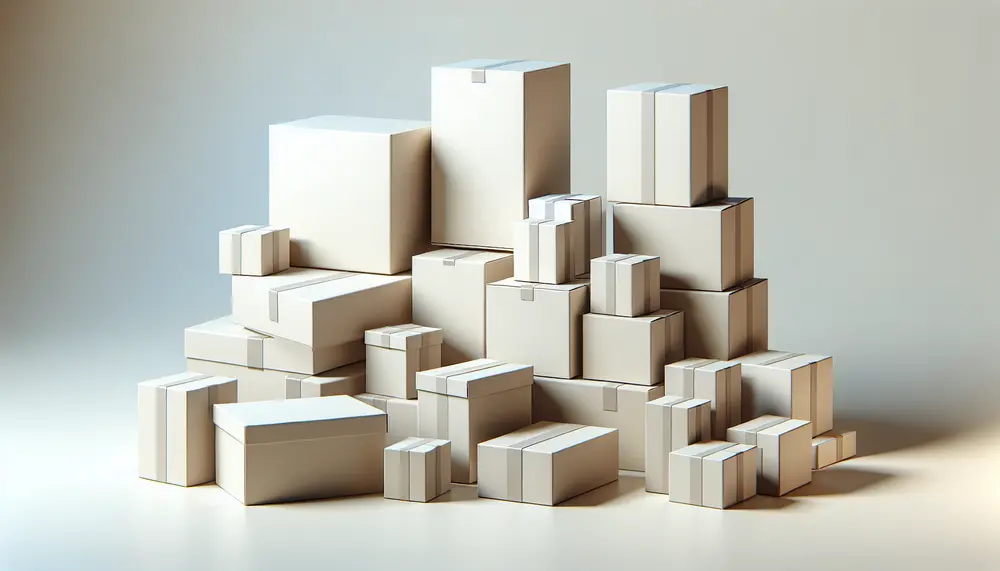
A packaging box mockup is a full-scale model used to visualize design and evaluate how the final product will look, aiding in identifying potential flaws before production. They are essential for brand consistency and can be utilized as marketing tools,...
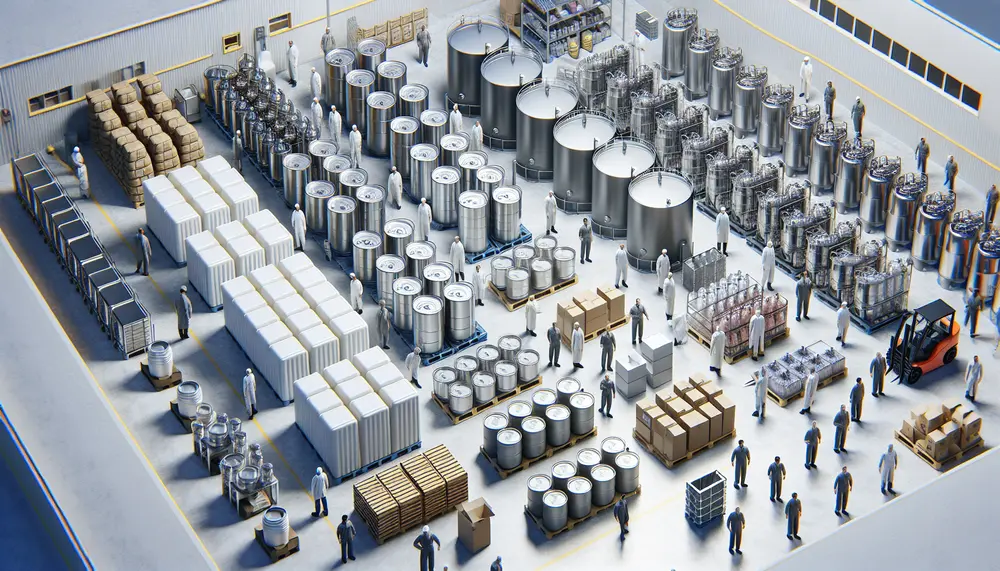
Industrial food grade containers are essential for safely storing and transporting various food products, made from materials approved by bodies like the FDA and EU to prevent harmful substance release. These containers enhance product safety, extend shelf life through airtight...
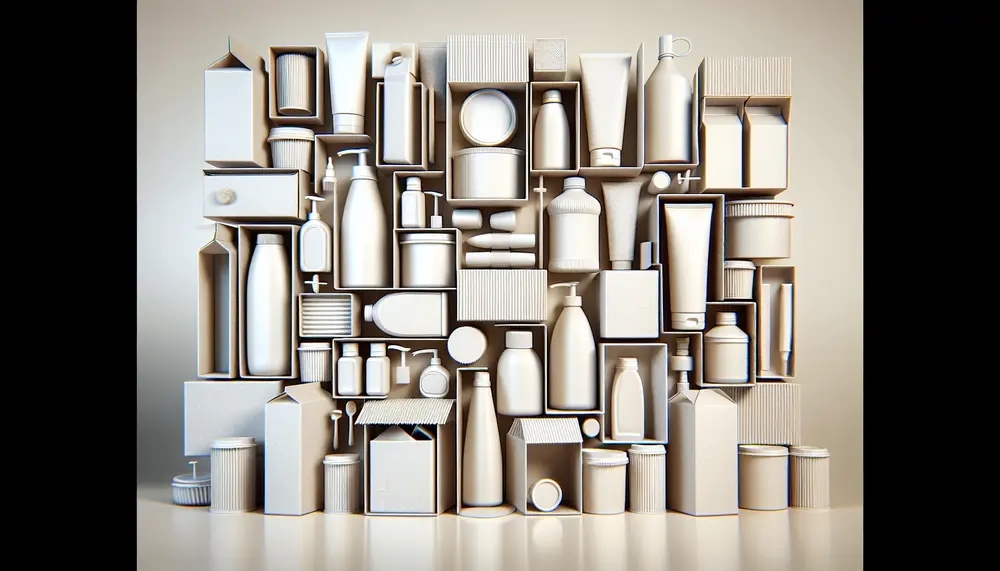
Packaging design and logo significantly influence consumer behavior by making products stand out, conveying brand values, and affecting perceived value. These elements can trigger emotions leading to impulse purchases and reinforce brand loyalty. Brand identity relies on the integration of packaging...

Branding significantly influences consumer perception by creating emotional engagement and fostering loyalty through a consistent narrative that aligns with customer values. Packaging acts as a silent salesman, using design elements to attract attention and convey brand ethos, while also considering...

Reusable packaging promotes sustainability by reducing waste and encouraging a circular economy, with benefits including resource efficiency and reduced environmental impact. Regulatory incentives are fostering this shift towards reusability, which offers economic advantages alongside fulfilling global responsibility. The environmental benefits of...
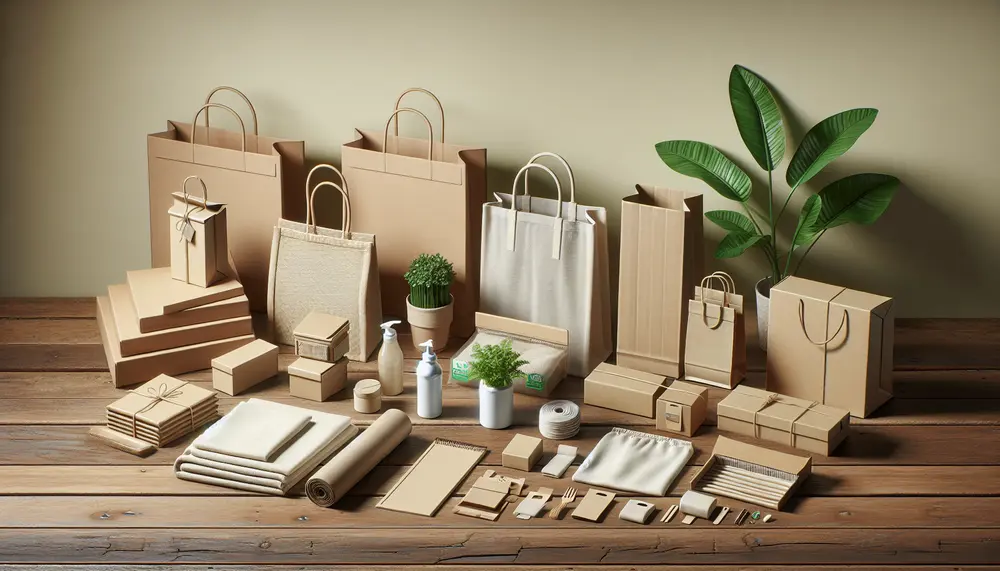
Packaging emissions refer to greenhouse gases from the production, transport, and disposal of packaging materials, contributing significantly to global warming. Lifecycle analysis measures these emissions across all stages of a product's life, guiding sustainable decision-making in packaging design....
